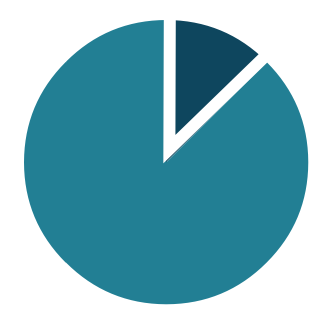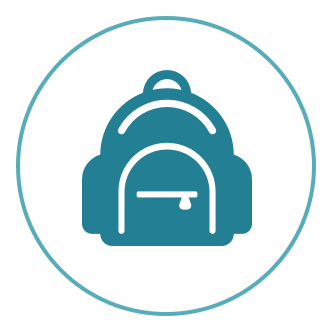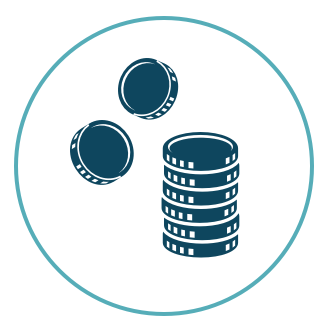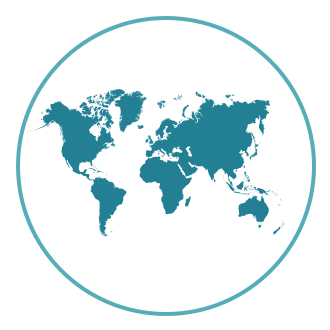Development policy and humanitarian efforts
Worldwide, 800 million people are living in extreme poverty, and 70 million people have been forced to flee their homes. We have a global responsibility to help people in need and contribute to long-term development and a more just world.
The world has made great progress in many areas. The Millennium Development Goal of halving the number of people living in extreme poverty by 2015 was achieved. Never before have so many people had such good living conditions. And never before have so many had access to education and health services. However, the gap between those who are living in prosperity and those who are living in poverty keeps widening, and more and more people are in need of protection and humanitarian aid. Climate change and infectious diseases are not contained by national borders, and the challenges posed by migration are increasing.
Norway’s development policy is based on the Sustainable Development Goals (SDGs) that were adopted by all UN member states in 2015. These goals provide the global framework for efforts to promote sustainable development, peace and justice by 2030.
Five areas are given priority in Norway’s development policy:
- Education
- Health
- Climate change, the environment and the oceans
- Private sector development, agriculture and renewable energy
- Humanitarian aid
Human rights, gender equality, climate change and the environment, and anti-corruption are cross-cutting issues.
Humanitarian aid and long-term development assistance must be coordinated. We will improve our chances of success if we focus on prevention and on reaching the most vulnerable groups. By doing so, we will also reduce the need for humanitarian aid in the future.
Development policy covers far more than just aid. Trade, investments, cooperation in fields such as technology development, research and culture, and efforts to strengthen the international legal order are equally important. This is why these areas are also an essential part of our policy.
Our aims
Norway will contribute to the efforts to:
- eradicate extreme poverty by 2030
- ensure good governance and respect for human rights for all by 2030
- promote rights-based implementation of the SDGs
- save lives, alleviate suffering and protect human dignity in humanitarian crises
- promote sustainable development and help to make countries independent of aid

Support for private sector development
Over the next ten years, one billion young people will be looking for work. The private sector provides nine out of ten jobs in developing countries. This is why support for private sector development, for example through Norfund, is an important part of Norwegian development cooperation.

Education for displaced children
59 million children and 65 million young people do not have access to school. A significant share of Norway’s support for education is used to provide schooling for children and young people who have been forced to flee their homes or who live in areas of conflict.

The oceans and marine litter
Some 80-90 % of marine plastics come from land-based sources. In 2018, Norway established a fund to help developing countries to develop waste management systems, increase their knowledge about marine litter and carry out efficient clean-up operations.
Current efforts
Norway is:
- promoting closer coordination between humanitarian relief and long-term development
- using aid to trigger private investments and create jobs
- strengthening humanitarian relief and long-term development in areas affected by fragility
- helping to enhance respect for women’s and girls’ rights
- intensifying efforts to promote girls’ education and education in situations of crisis and conflict, and to improve the quality of education
- playing a leading role in efforts to reduce child and maternal mortality, and to stop the spread of HIV/AIDS, tuberculosis, malaria and other infectious diseases
- actively promoting more ambitious goals for reducing greenhouse gas emissions globally
- investing in renewable energy with a view to reducing global greenhouse gas emissions
- providing around 1 % of GNI a year for development and humanitarian efforts

Combating illicit financial flows and corruption
National income generation, taxation, and combating illicit financial flows and corruption are far more important for development than aid. A number of analyses show that the impact of illicit financial flows and corruption may be more than USD 1 trillion a year. In comparison, global aid is around USD 140 billion.

Maternal and child health
Norway recognises the importance of education for maternal and child health. Girls who go to school and gain an education tend to marry and have children later. Education for girls and women is therefore crucial for improving maternal health and reducing child mortality.

Knowledge transfer
Norwegian expertise in the fields of natural resource management and taxation is increasingly sought after by developing countries, and we are happy to share it. We do so through the programmes Fish for Development, Oil for Development, and Tax for Development. In addition, the Digitalisation for Development programme was launched in 2018.